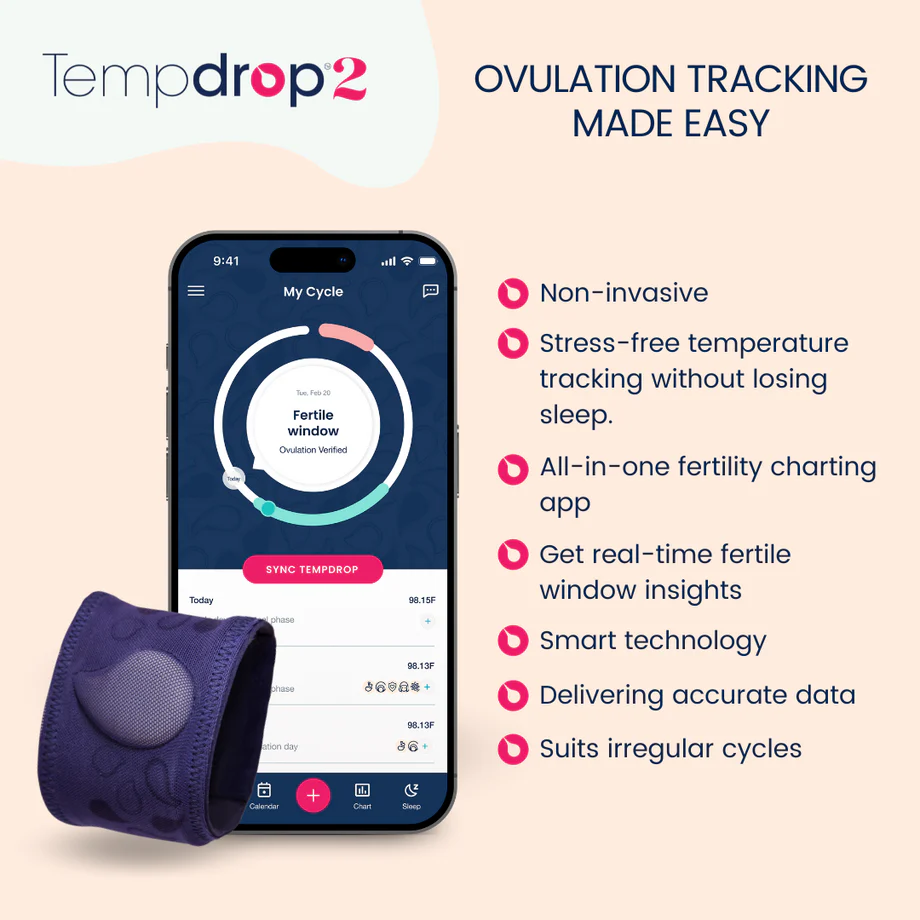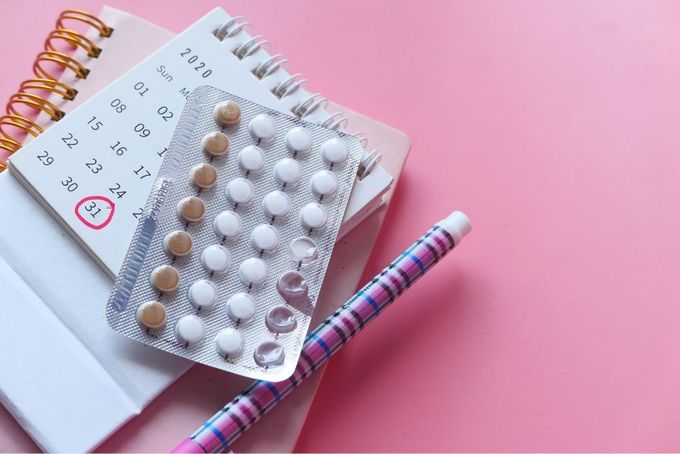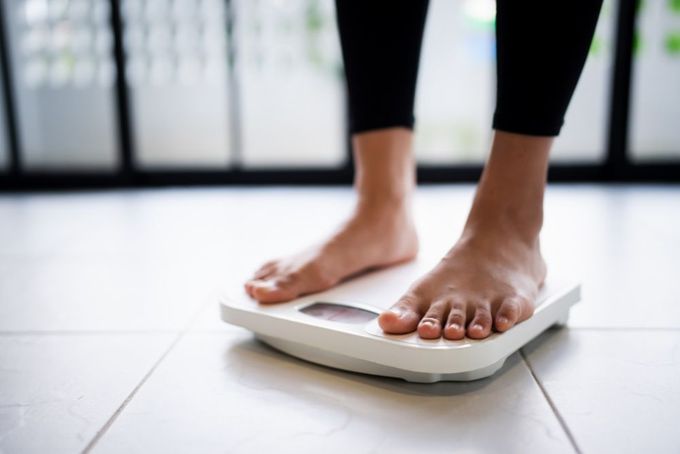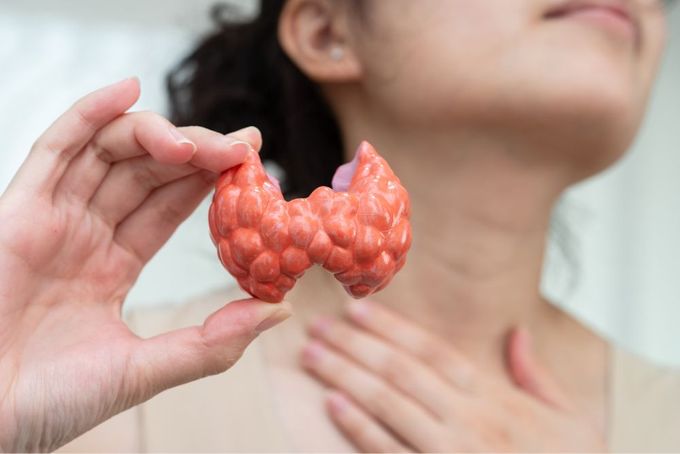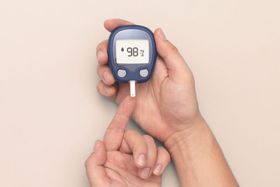4 Surprising Causes of Irregular Periods in Your 20's & Onwards
Updated August 19, 2025

While irregular periods can be expected and are considered to be normal for the first few years of menstruating, after this point, if you are still experiencing irregular cycles, you should consider a visit to your medical provider to discuss things further.
As you age, your period will change because of hormonal changes and experiences like pregnancy or breastfeeding, but once we are two years into our cycles and until we begin to enter peri-menopause, we should expect to see fairly regular cycle patterns with only a few shifts here and there.
Irregular Menstrual Cycle Length
The length of a normal menstrual cycle varies from person to person and can range from 21-35 days in length, according to the American College of Gynecology. They define an irregular cycle as a cycle length that varies by more than 7 to 9 days from cycle to cycle. There are variations in what is considered an irregular period or normal based on which organization you look at and the training of the provider involved.
From a holistic hormone health perspective, I personally like to see cycle lengths of 24-36 days that do not vary by more than 2-3 days per cycle.
When we are talking about irregular cycles, the concerns come when it is something that is happening consistently. If you have just one sudden irregular period but this is not a pattern for you, this can be normal and is likely nothing to worry about. However, if it continues to be a regular pattern, then check with your medical team.
Below I'll share some common symptoms and possible causes of irregular periods.
But first, here are some additional symptoms that would be considered abnormal when it comes to bleeding and things that should prompt you to see your medical team:
- Bleeding or spotting between periods
- Bleeding that lasts longer than 7 days
- Heavy bleeding during your period
- Bleeding that soaks through one or more tampons or pads every hour
- Bleeding more heavily than usual during your period
- Bleeding or spotting after sex
- Bleeding or spotting between periods
- Menstrual cycles that are longer than 35 days or shorter than 21 days
- “Irregular” periods in which cycle length varies by more than 7 to 9 days
- Not having a period for 3 to 6 months
- Bleeding after menopause
4 Possible Causes of Irregular Periods
1. Stress
2. Medications
3. Changes in Weight or Diet
4. Medical Conditions
1. Stress
Stress (emotional, nutritional, and physical) affects your hormones. There is just no way around this, and whether it is good or bad stress, it doesn't matter.
Prolonged stress can delay ovulation or cause you to skip it for long periods of time, which means your period will be delayed or skipped for long periods. In fact, chronic stress can sometimes cause the lack of a period for months (amenorrhea).
High levels of stress can also trigger inflammation and more painful periods in the body. Overall, the more we can remove and properly support good stress management techniques, the more our cycles and hormones will thank us.
2. Medications
If you find yourself asking why your menstrual cycle is getting longer or why your periods are getting heavier or longer, it can be worth looking at your medications and discussing this with your medical provider. Commonly used medications that can affect your menstrual cycle include:
- Hormonal birth control: This is one of the most common causes of irregular cycles. Though often, it is also suppressing ovulation as part of how it works to prevent pregnancy.
- Antidepressants: Antidepressants can lead to absent or infrequent periods with a longer cycle.
- Steroids: Long-term use of steroid medications can make periods heavier and longer.
- Chemotherapy: Certain cancer treatments can significantly affect the body, stress, and hormones or even lead to premature menopause and no periods (though this is not always a long-term effect). This is an in-depth discussion that should be had with your medical provider prior to starting chemotherapy.
3. Changes in Weight or Diet
Our diet and weight are deeply tied to our hormonal health and our cycles. Strict or limited diets or those lacking in nutrients or calories can lead to PMS, painful periods, or non-ideal cycles. Not getting adequate calories or over-exercising are some of the main causes of amenorrhea because our body is under stress or not getting enough cholesterol or other nutrients necessary as the building blocks for healthy hormones.
Similarly, taking diet pills or eating disorders such as anorexia, bulimia, or binge eating can cause irregular or missed periods or other menstrual cycle disturbances.
4. Medical Conditions
Some medical conditions can disrupt your hormones and menstrual cycles, and may have irregular menstruation as a symptom. For example:
- PCOS (polycystic ovary syndrome): Is a complex endocrine and hormonal disorder that often includes excess androgen (typically thought of as a male-related hormone) and/or insulin resistance, both of which affect the ovaries and adrenals and can lead to irregular periods.
- Thyroid disorder: Hypothyroidism (not enough thyroid hormone) and hyperthyroidism (too much thyroid hormone) can both affect your period, causing them to become irregular or infrequent.
- Diabetes: Similar to PCOS, because insulin is not working properly, we can see longer or irregular cycles.
Know Your Cycles + Know Your Hormones
The beauty of tracking our cycles and seeing if they are regular or not is that we can see the health of our hormones and know when we may need to seek further support. I personally love using Tempdrop for myself and my clients when looking to understand cycles and hormonal health because:
- It helps to show if cycles (ovulation, followed by a period) are regular.
- It gives us insight into other symptoms, which is helpful in addition to cycle data, especially when we are talking about PCOS or stress.
- It helps give us vital information about the health of our cycle phases so we can see if it would benefit us to have some additional holistic support or medical workup.






